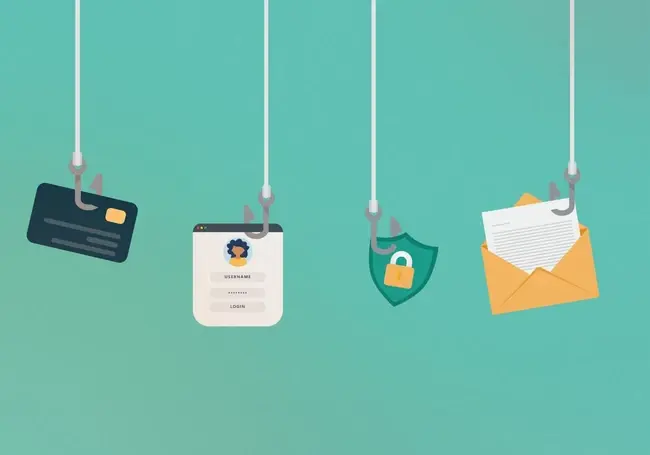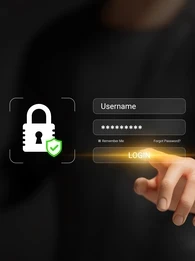Imagine waking up to discover your bank account is empty, your credit cards are maxed out, and there's a loan taken out in your name—all done by someone you've never met. This is the harsh reality of identity theft.
Protecting your personal information has never been more critical, as cybercriminals are constantly finding new ways to steal your data.
We’ve got you covered with this comprehensive guide to identity theft as well as how to prevent and report it.

What is Identity Theft?
Identity theft is a crime often carried out digitally where a threat actor is able to obtain a victim's personal data and misuse it for nefarious means.
This can be anything from full name, social security numbers, full bank details, medical information and more.
Unauthorised access to this data can be exploited in dangerous ways that lead to substantial emotional and tangible harm to victims.
Armed with your personal information, cybercriminals can open new financial accounts in your name or make unauthorized purchases with your bank details. Beyond this they could claim tax refunds in your name, obtain medical care or loans in your name or impersonate you.
Read: Landmark Admin Data Breach Compromises 800,000 Customers
Cybercriminals use a number of methods to access your information. Common tactics include phishing and social engineering where the malicious actor uses deceptive tricks to either convince you to directly reveal your personal information to them or to convince you to allow for malicious software known as malware to be deposited onto your device. This malware can then be leveraged to access and extract your personal data.
Your data isn’t only yours to protect - every day there are data breaches on companies that are a necessary part of our online ecosystem. Cybercriminals target companies large and small in order to access the personal data they are responsible for.
However, it doesn’t always take a data breach for your personal data to be made public. Information you willing share on social media can be used to pass through security questions and allow for sophisticated impersonation.
The consequences of identity theft can be massive. Most importantly you could lose substantial money to unauthorized transactions and loans. However there are further reaching ripple effects. Your credit score can suffer severe damage which will affect your ability to work, rent or take out loans.
There is also significant emotional distress as well as potential inaccuracies in medical and criminal records.
How Can You Protect Yourself From Identity Theft?
Identity theft is a stressful prospect that causes both emotional distress and has tangible financial consequences. However, there are steps you can take to protect yourself.
Be sure to enable multi-factor authentication on as many accounts as possible, especially social media accounts as well as banking and email.
Be aware that any information being compromised can make you a target for social engineering and phishing scams. These scams involve impersonating trusted organizations or individuals using information they already have about you as a result of the leak to convince you to hand over money or further details. Be skeptical of anyone asking you for information.
Frequently review your bank and credit card statements for any unusual activity and report any suspicious transactions immediately and consider freezing your cards

When AI Agents Run the Enterprise
How autonomous ChatGPT-style agents are shifting enterprise operating models and why governance now decides productivity gains or chaos.
How To Report Identity Theft?
In reporting identity theft to the authorities there are a few key steps you can take to help your case.
Be sure to keep a detailed record of all interactions, including dates, times, the names of people you spoke with, their phone numbers, and any reference numbers provided.
It's also vital to retain copies of all correspondence, whether it's letters, emails, or official reports. This comprehensive record will help with the recovery process.
Continue to regularly monitor your credit reports and bank statements after any incident.
Consider subscribing to identity theft protection services. These services offer continuous monitoring of your personal information for signs of misuse and can alert you to potential fraud.







Comments ( 0 )